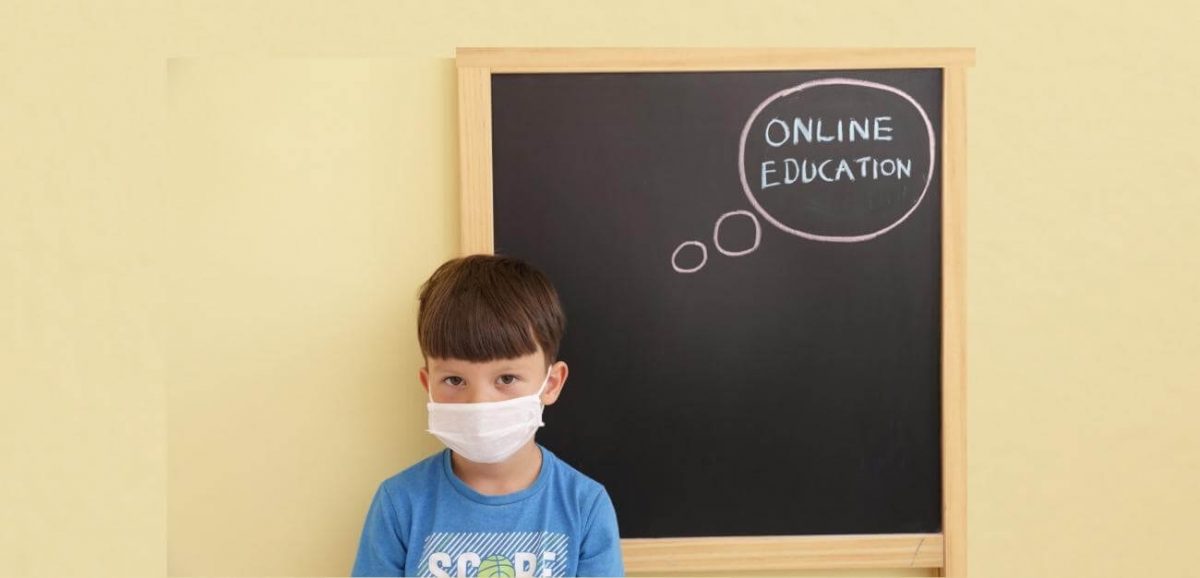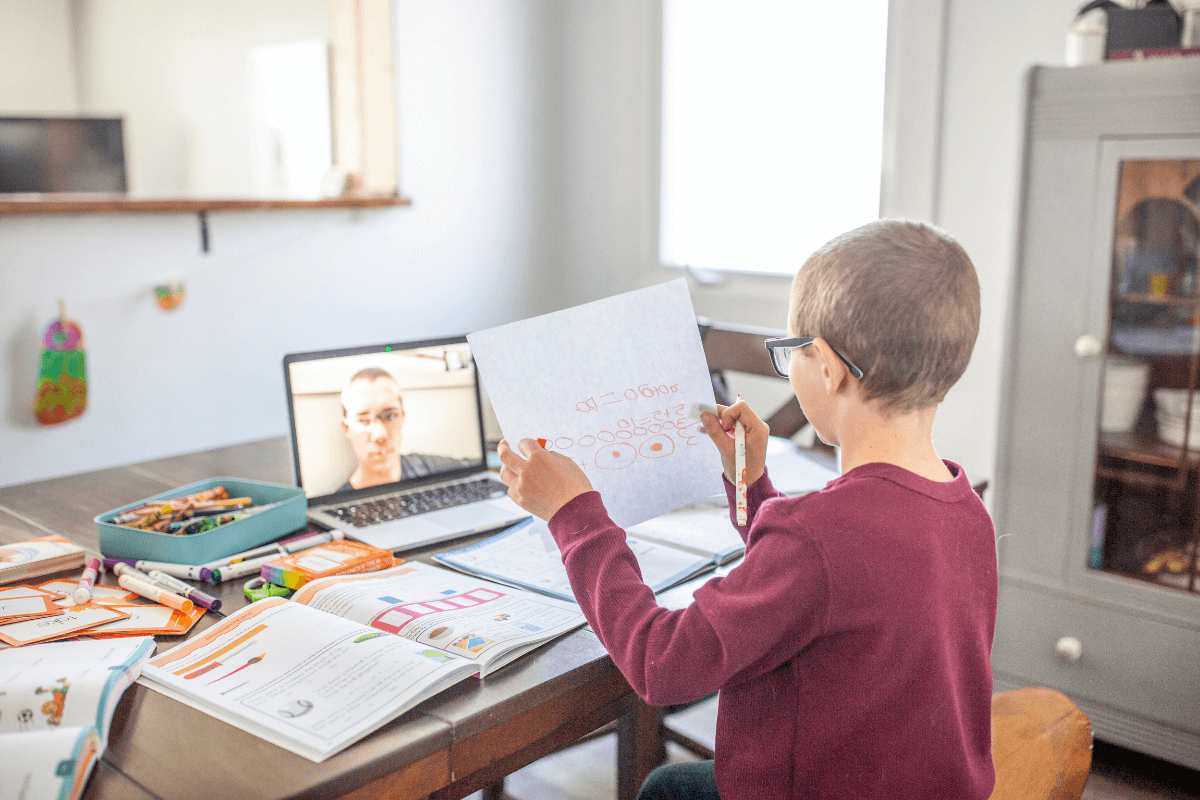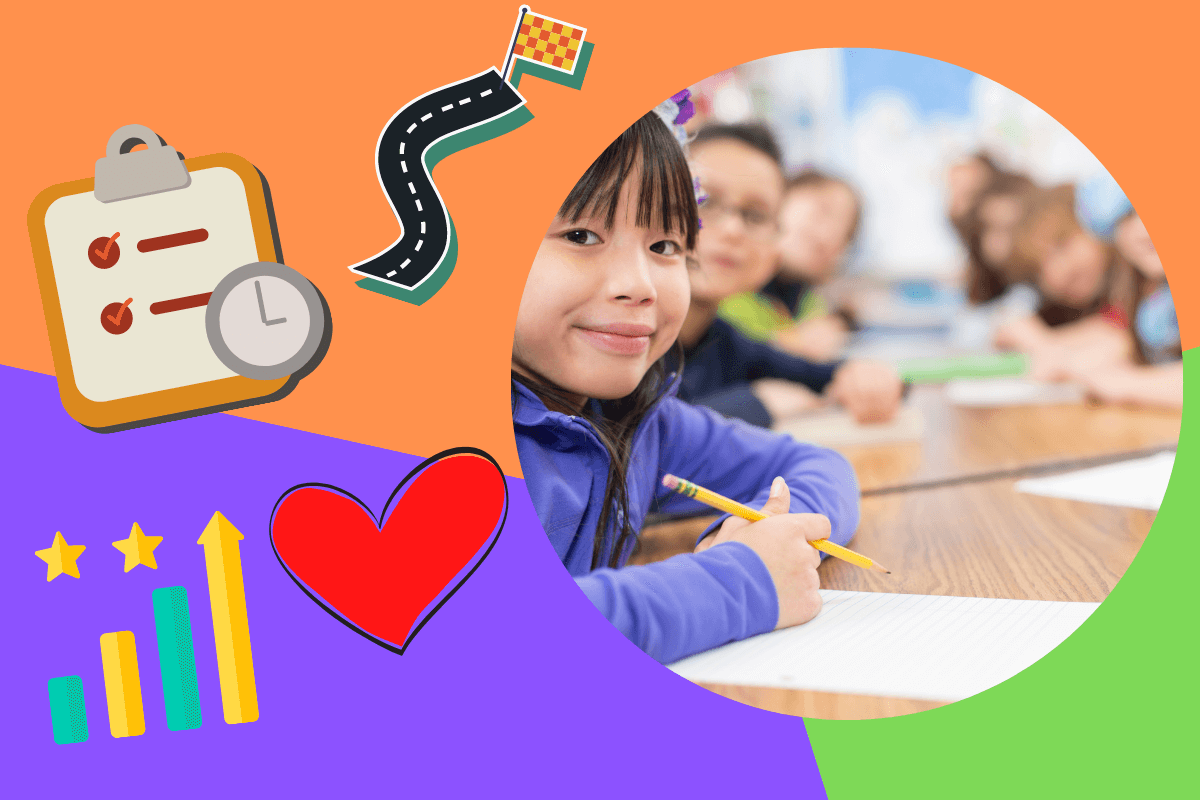It’s been a few years since the pandemic hit, and we are starting to see its effects on education. Schools were closed, children were out of school for extended periods of time, and virtual learning was introduced. This was all done in an effort to keep children safe from the virus. But what about the […]








